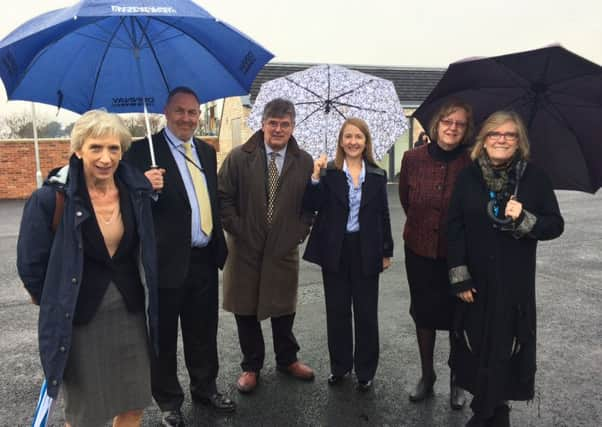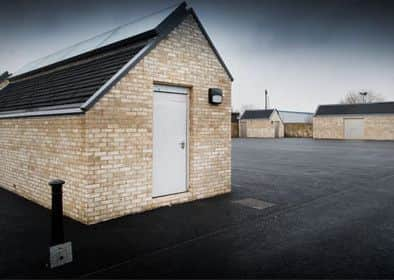Has £1.25m traveller site been successful?


From the perspective of councils which jointly funded the site, the answer is undoubtedly ‘yes’.
But villagers in Westhampnett, near Chichester, who objected to the site being built just outside their village, remain concerned over its impact.
Advertisement
Hide AdAdvertisement
Hide AdThe site was built by West Sussex County Council in partnership with all councils across the county, which had all spent hundreds of thousands of pounds pursuing traveller eviction cases through the courts.


The new facility gave police extra powers under section 62 of the Criminal Justice Act to move illegal incursions to Westhampnett, or leave the county altogether if they refuse.
“The Transit Site is working well and having the desired effect in dealing with unauthorised encampments,” said West Sussex County Council (WSCC) cabinet member for community wellbeing Christine Field.
While it is early days, WSCC figures suggest the site’s most significant success so far is time.
Advertisement
Hide AdAdvertisement
Hide AdThe council said the average time travellers illegally spent on unauthorised sites, such as village greens and parks, has reduced from up to ten days to two days or less.
A total of 14 encampments have been recorded since the transit site opened on May 6, with section 62 powers activated five times.
Seven groups left before police had served papers, as they did not want to go to Westhampnett.
The remaining groups were moved on using the Education Act, while the other was dealt with by private bailiffs as they were on private land.
Advertisement
Hide AdAdvertisement
Hide AdMid Sussex District Council cabinet member for health and community Norman Webster said the site had resulted in a number of benefits.
He said: “The new transit traveller site in Chichester has enabled all councils in West Sussex to offer a much better service for the gypsy and traveller community, but it also means councils are able to deal with unauthorised encampments more quickly and with significantly less disruption to local people.
Each authority initially contributed £125,000 to the project but a £630,000 grant from the Homes and Communities Agency reduced the required contribution by £46,000. A further sum of £15,000 per year for maintenance is also required from each partner.
A Horsham District Council spokesman said: “Since the site was introduced, Horsham district has not had any encampments. However, we are aware that the site has been well used by other district areas in West Sussex.”
Advertisement
Hide AdAdvertisement
Hide AdA spokesman for Crawley Borough Council added it was ‘pleased’ the site was working well.
Westhampnett Parish Council initially criticised what it said was a lack of consultation over the location of the facility, with chairman Bill Harding arguing it was of ‘no benefit’ to either travellers or those affected by it.
A petition against the site, signed by a reported 98 per cent of the village, was unsuccessful. Since then, Mr Harding said he had received reports of several issues, including antisocial behaviour.
He said: “It’s not been the most successful. Obviously things have to bed in but most of the worries we had have come to be.” Mr Harding conceded the concept was ‘very valid’, however.